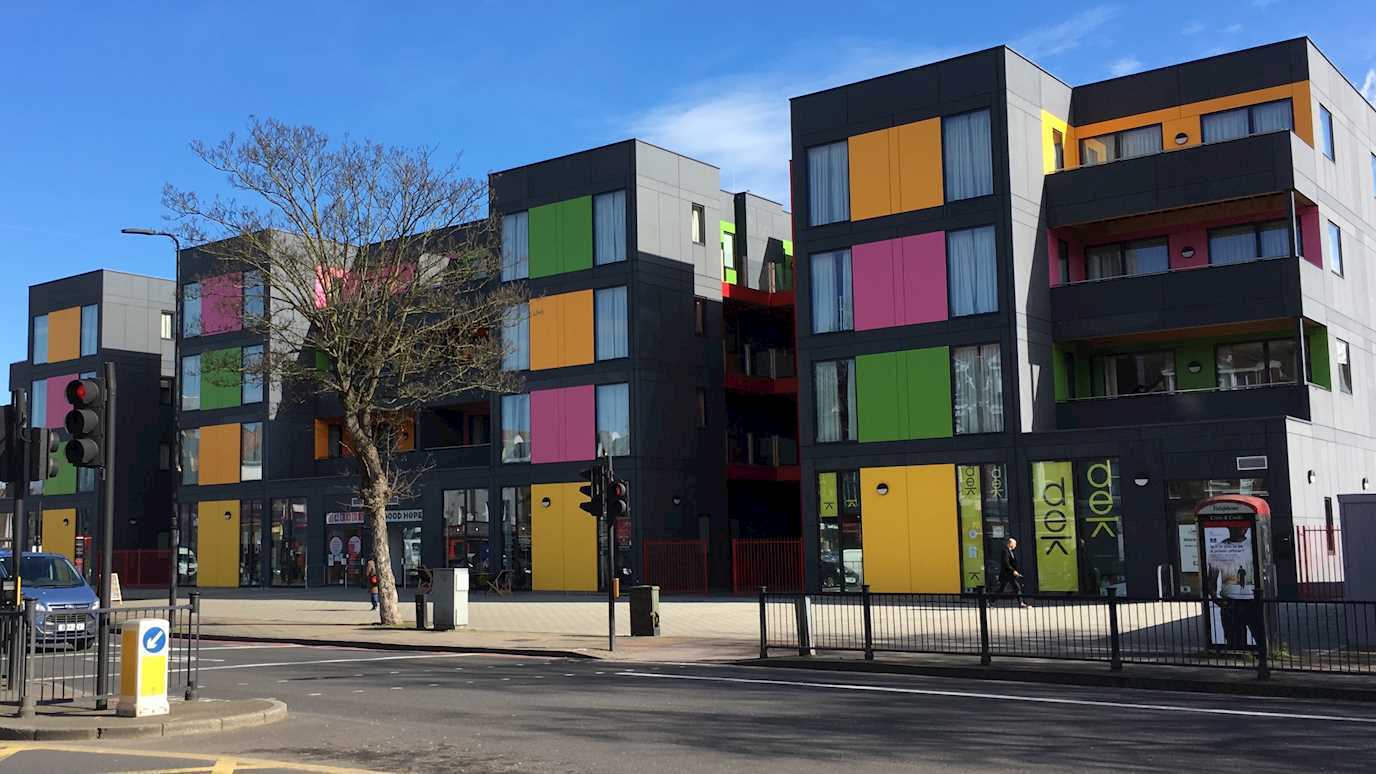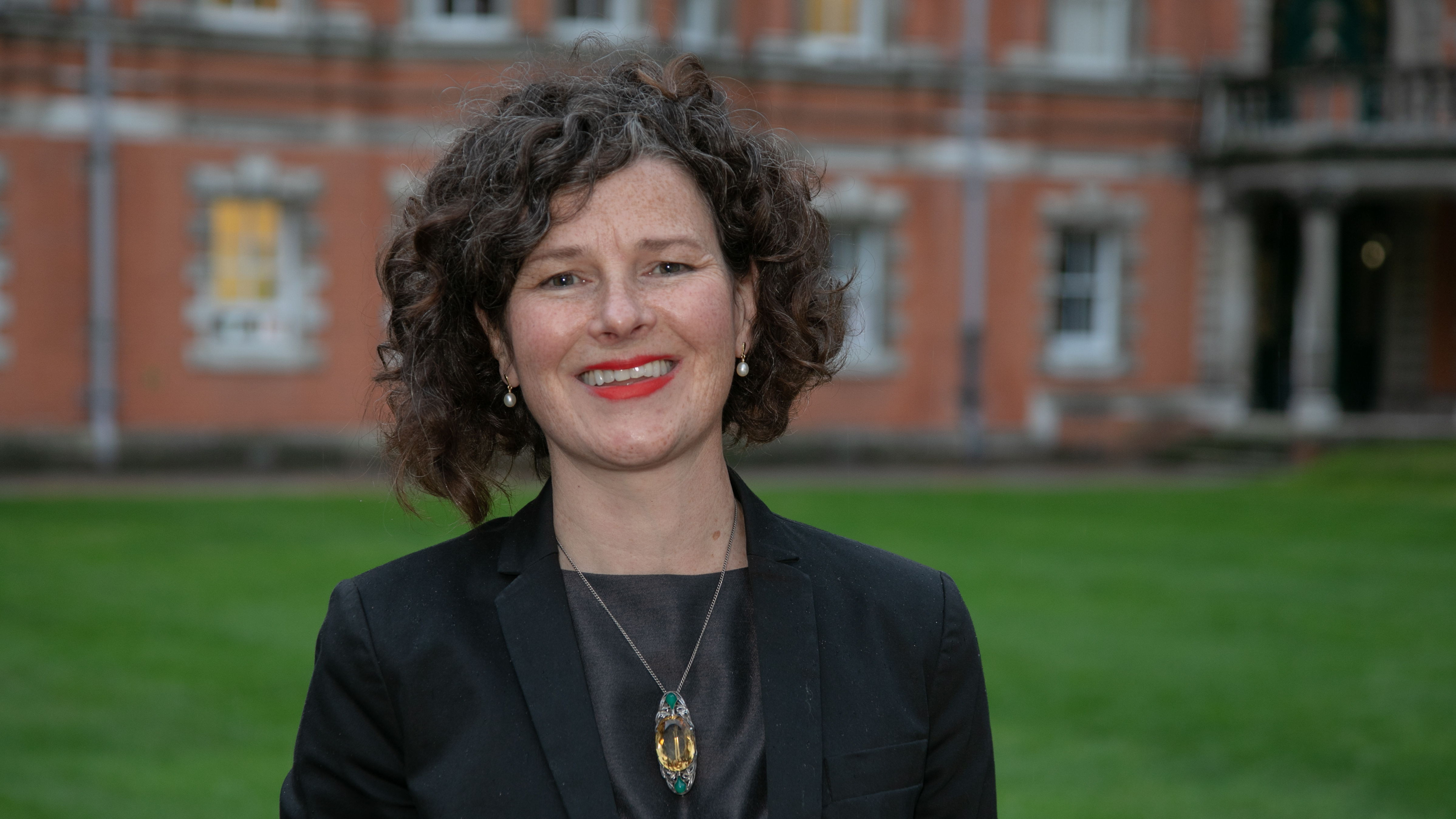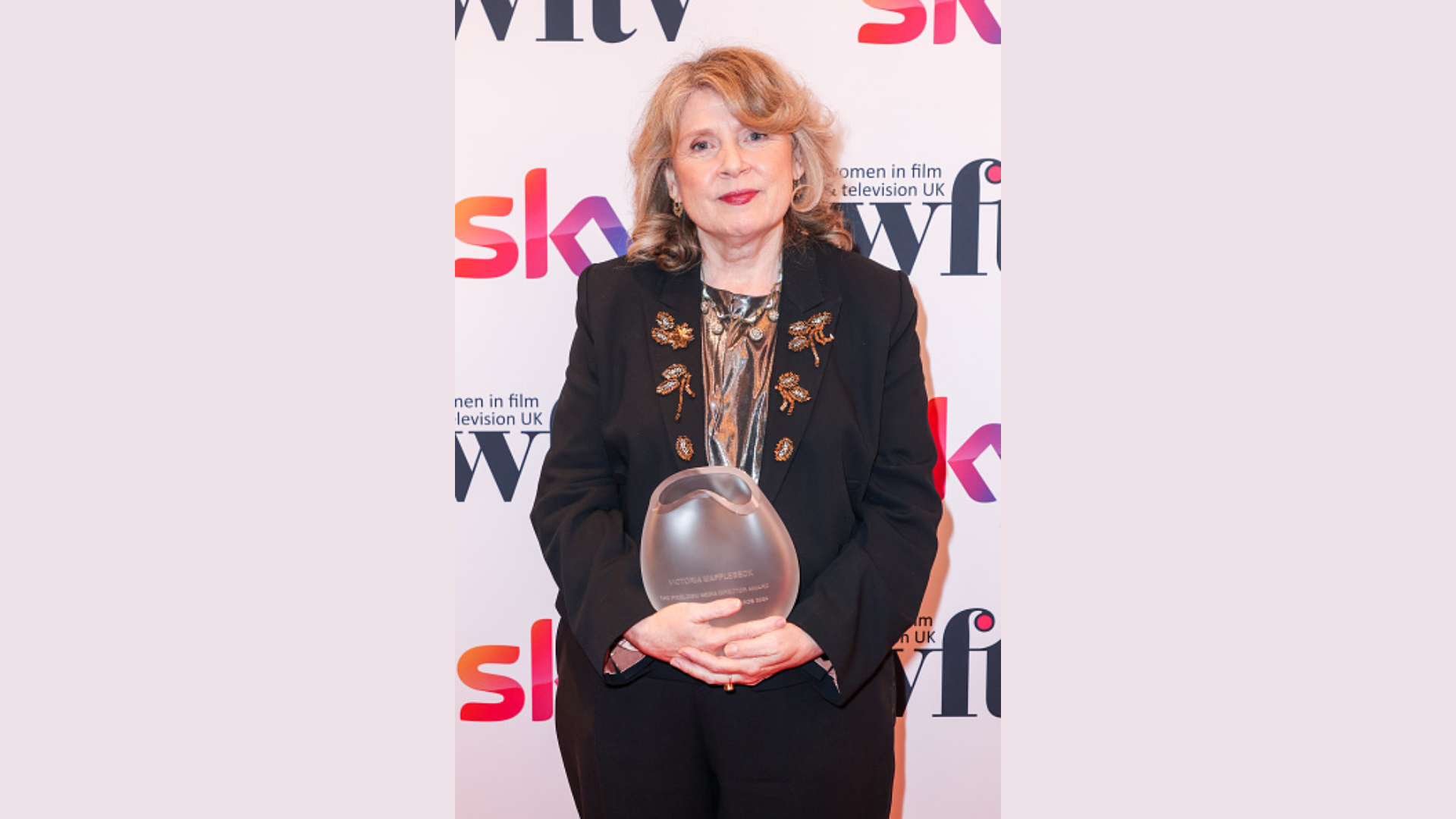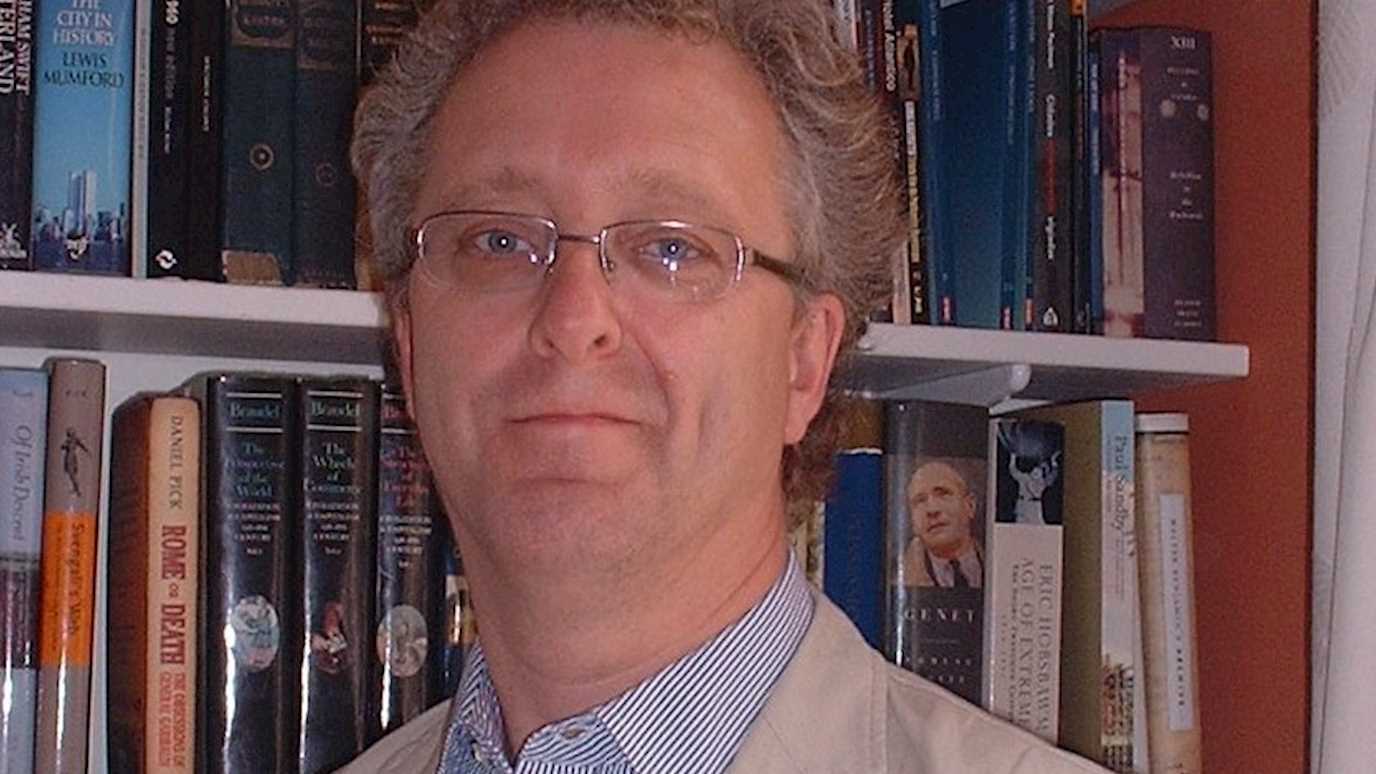New research from Royal Holloway has explored the impacts of ‘pop-up’ modular housing for homeless families, finding that while it improves quality of life in many respects, it can also exacerbate feelings of stigma and insecurity.

Ladywell in Lewisham
The paper, Temporary Homes, Permanent Progress? also concludes that without investment into permanent council housing, pop-up solutions can be no more than a sticking plaster.
The researchers recommend that councils build more permanent housing, while their report also outlines ways to make this type of housing more appropriate in the meantime.
Academics at Royal Holloway looked at the impact that new and widely acclaimed ‘pop-up’ accommodation had on its residents at the pioneering PLACE/Ladywell scheme developed by Lewisham Council, with the study being independent of the council.
Professor Katherine Brickell, from the Department of Geography at Royal Holloway and former Royal Holloway researchers, Dr Ella Harris (Goldsmiths, University of London) and Dr Mel Nowicki (Oxford Brookes University), spoke to residents at PLACE/Ladywell about their experiences of the development and of other temporary accommodation.
Although the modular homes at PLACE/Ladywell are very modern and provide more room for families who would otherwise have to stay in a hotel, B&B or substandard rental accommodation, some features of the properties made residents feel on show and out of place.
This included the bright colours of its exterior cladding, and the shops and cafe on the ground floor of the development, which residents felt were aimed at Lewisham’s gentrifying population, rather than planned with them in mind.
Also, rules preventing families from making minor decorative changes also stopped people from feeling fully at home.
While PLACE/Ladywell is a step-up in the quality of temporary housing provision, it does little towards solving the problem of how occupants will find a permanent residence afterwards, leaving tenants feeling insecure and uncertain about their future.
Many felt they didn’t know what would happen when they had to move again. They worried about the quality of housing they would move to, whether it would be affordable, and if they would remain close to their children’s schools, their places of work and friend and family networks.
They were also highly anxious about the unpredictable timescales of moves; having experienced sudden evictions and relocations in the past.
The report’s lead author, Dr Ella Harris, former Royal Holloway researcher, said: “As pop-up housing is trialled by more and more councils, it’s important to understand resident experiences of it, as well as to examine how far it can help to ease the housing crisis.
“There is a lot of excitement around pop-up housing amongst stakeholders, but until now, nobody seemed to have asked the residents how they’ve found it.”
Professor Katherine Brickell, from Royal Holloway, added: “As well as highlighting some ways to make residents feel more at home in this kind of housing, our report flags our concern that projects like PLACE/Ladywell can only make a temporary difference to residents’ lives.
“While an improvement on other temporary accommodation, it won’t on its own solve the problem of providing residents with good quality, appropriately located and sized properties in the long term – permanent social housing needs to be built. Equally, there needs to be improvements in security and affordability in the rental sector.
“Most residents we interviewed had been made homeless after evictions from private rental properties after rent increases, property sales or job losses.”
























